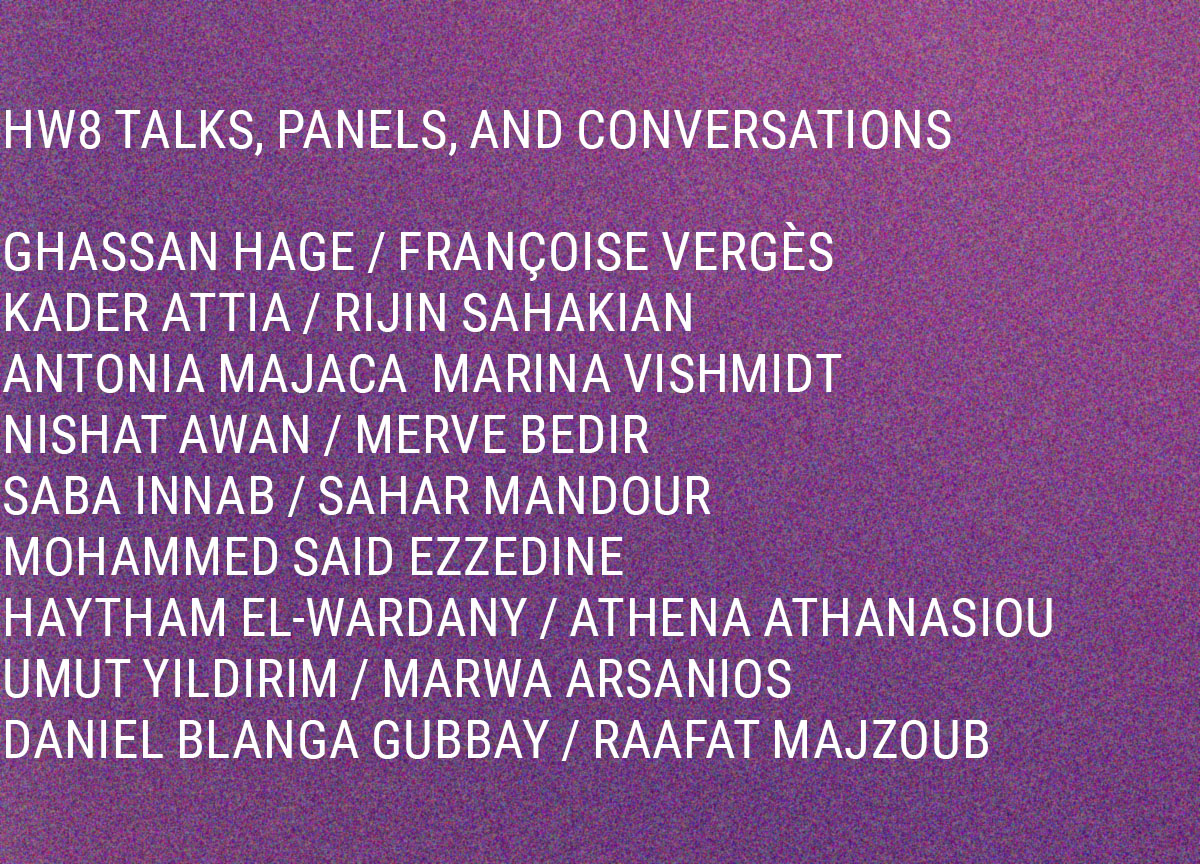Saturday, October 19th, 2019 | 11:30am at Monnot Theater
Modernist perspectivism as it took shape in the Western Renaissance was grounded in mono-realist assumptions—reality is one, perspectives are many. This mono-realism has been a central feature of the many normative ‘mono-s’: monotheism, mono-sexuality, monogamy, mono-sovereignty, mono-currency, mono-patriarchy that came together to shape Western Modernity. In this presentation, anthropologist Ghassan Hage argues that the removal of this mono-realist straightjacket to sensitivise ourselves to the multiplicity of the real is one of the key moves through which an alter-politics can be conceived today. Capturing the lenticularity of the real is one of the modes of opening thought to an idea central to any conception of Alter-Politics: that the political delineates conflicts, struggles, and confrontations that happen both within certain realities and between them.
Ghassan Hage is Professor of Anthropology and Social Theory at the University of Melbourne, Australia. He has held many visiting professorships, including at the American University of Beirut; the Ecole des Hautes Etudes en Sciences Sociales, Paris; and Harvard University. In 2018, he held the Chair d’Euro-Philosophie at the Université de Toulouse, and this year, the Global Chair of Cultural Studies at Keio University, Tokyo. He has worked on ethno-nationalism from a comparative perspective in Lebanon, Australia, Europe, and the United States. His main work in this field is White Nation: Fantasies of White Supremacy in a Multicultural Society. He also has many works in the field of social and anthropological theory, including Alter-Politics: Critical Anthropological Thought and the Radical Imagination. His most recent book, Is Racism an Environmental Threat?, deals with the common foundations of the colonial and the ecological crisis. His latest work is on transnational Lebanese Diasporic culture. It will be published next year by the University of Chicago Press.
This event is part of Home Works 8: A Forum on Cultural Practices.









